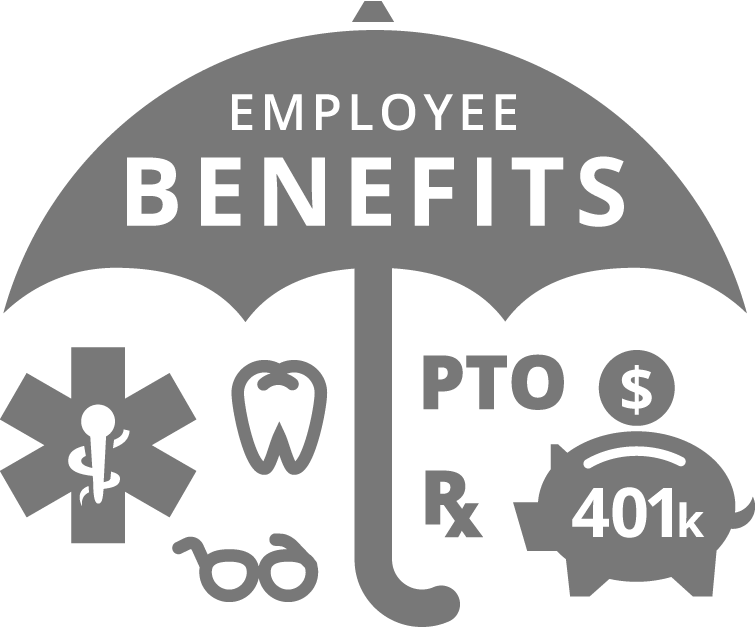
What is Financial Literacy?
To be financially literate means you have developed a strong understanding of basic financial concepts such as budgeting, saving, and debt. It is important to always work towards becoming more financially literate because it will allow you to get on track to meet your financial goals and to have better control over your day-to-day and month-to-month finances. Part of being financially literate is understanding the potential mistakes or pitfalls that you may come across in your future. If you can identify them before they happen, you will be more likely to avoid the problem. Below are five examples of common money mistakes.
1. Not understanding employer benefits
Oftentimes, financial setbacks occur due to medical reasons. Whether it is a serious illness or the need for a less serious, yet expensive, root canal, we turn to our employee benefits for help. All too often, we are unaware of the ins and outs of the insurance coverage we get through our employer and only find out too late that a procedure isn’t covered. Take the time to truly understand your benefits now – while you are healthy – so you can make more informed decisions later when you need them most.

2. Not taking full advantage of your full employer 401(k) match
This is another big mistake that many people make. Whatever percentage your employer says they will match in contributions to your retirement account, try to make that the minimum that you contribute. If you can contribute more, great. But take every penny your employer offers … don’t leave your employer’s generosity on the table.
3. Not talking about money with your partner
Open communication is one key to a successful financial future. Unfortunately, many of us don’t talk to each other about money issues on a regular basis. This can lead to not only bad financial decisions, but anger and animosity.
4. Not reading the fine print
The calculation that a credit card company uses to determine the minimum payment due can be found by reading the “fine print.” The “fine print” will also tell you what will happen to your interest rate at specific points in time and/or because of specific actions on your part. Spend time with the terms and conditions and monthly statements of all the things you pay for. It is the only way to be sure of how your agreement will work and what will happen when. It is hard to make informed decisions when you don’t know what the implications of your actions will be.

5. Not understanding social security
For many of us, Social Security will make up an important part of our retirement income strategy. Questions you may have about when to begin collecting benefits, working while collecting, survivor benefits, and the like should all be answered before your retirement starts. Social Security is not a one-size-fits-all program, and it is important to understand the implications of your decisions.
Questions? Contact Marlene Dattilo at (585) 485-0194 or madattilo@financialguide.com
Securities and investment advisory services offered through qualified registered representatives of MML Investors Services, LLC. Member SIPC. Keystone Capital Partners Group is not a subsidiary or affiliate of MML Investors Services, LLC, or its affiliated companies. OSJ 700 Bausch & Lomb Place, Rochester, NY 14604 (585) 262-5600 CRN202203-261032

Sharing is caring!
